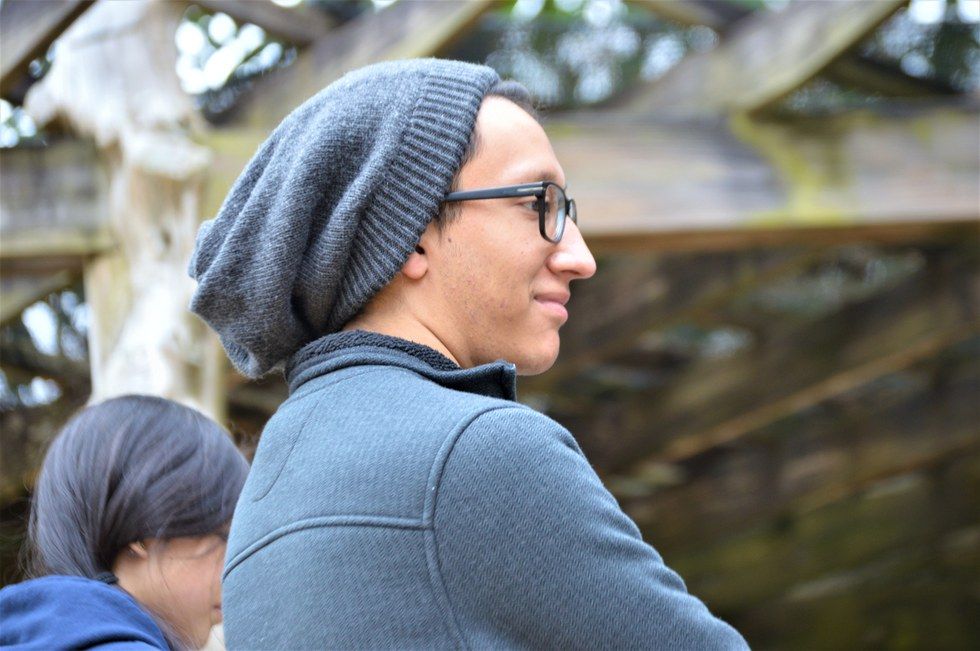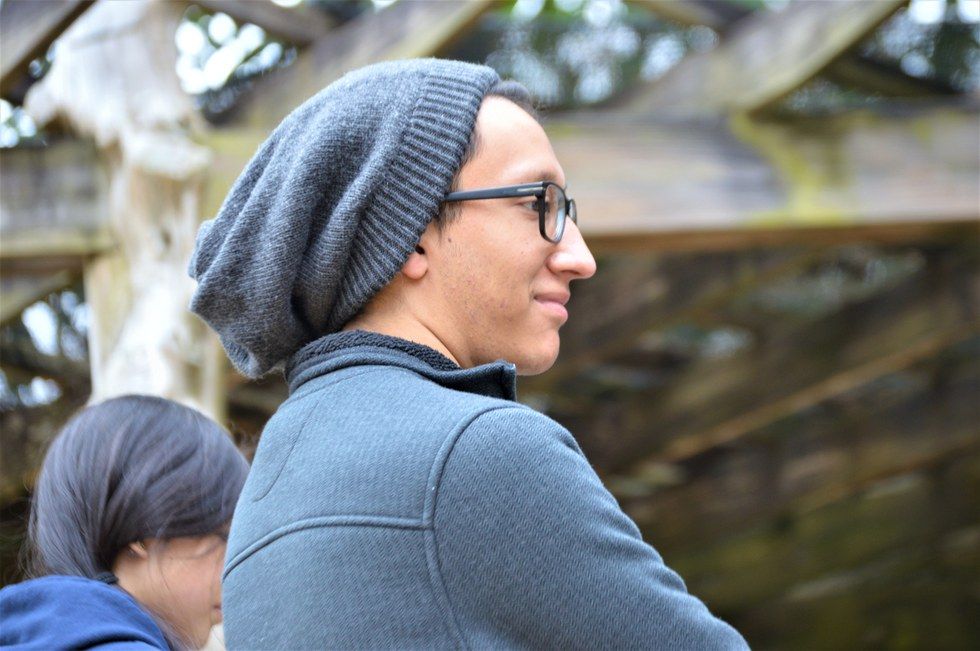He didn't know how his parents would react. He wanted to be healthier and feel better, but at what cost?
Nick Velasquez, a sophomore biology major on the pre-med track, was born in Bogotá, Colombia. He moved to Florida when he was six years old and now attends UNC. In December of his first year, he decided to try veganism cold-turkey.
For the first 18 years of his life, Velasquez fully indulged in his Colombian culture full of rich foods, with most major meals built around red meats. His system was shocked when he took out all red meats, and he eventually decided to try vegetarianism instead.
Velasquez said it was something he always wanted to try, but it was too hard to do at home because of his heritage.
"I didn't really tell my parents," Velasquez said. "I think my mom would say something along the lines of, 'You're going to starve, start eating more.'"
There's a stereotype that Hispanics should have meat on their bones to avoid being too thin, said Velasquez. Hispanic diets show a manifestation of health by not being extremely skinny.
But for Velasquez, it's about more than just being healthy.
"I saw Meatvideo.com my sophomore year of high school," Velasquez said. "It's this whole thing behind how horrible the meat industry treats animals."
"A male chick is practically worthless because they don't make good meat or eggs, so they kill them all. The way they kill cows and pigs, they just let them bleed to death on the floor."
He saw the video three times in high school in three different classes. His teachers were trying to promote beneficial ways to help the environment and personal health. The video really spoke to Velasquez, and that's the first time he considered a no-meat diet.
But it wasn't until college that he put his beliefs to the test.
He wanted to challenge himself and try a healthy diet in the University environment. Because UNC offers a variety of vegan and vegetarian options in Chase and Top of Lenoir, the two dining halls, he always has something to choose from.
"I have all the usual vegan options at the dining hall, something bean, lentil or chickpea-related. And something with rice or pasta. I usually try to have a salad with beans to make up for the protein once or twice a day, like every meal."
Cutting out meat makes him feel less sluggish after meals, a goal all college students hope to achieve, he said. The more energy he has, the better.
Going forward, Velasquez said he wants to continue his vegetarian diet at school. When he went home to Florida in May for summer break, he found it hard to turn to meatless options, so he tried to focus on eating white meat exclusively. Inconveniencing his parents' wallet was his main concern.
"Under (my parents') roof, I'm going to have to be more careful," Velasquez said.
A major thing he wants people to know about vegetarians is that they're still the same people they were before choosing the lifestyle.
"Being vegetarian doesn't change who you are. You're still you. Just because you don't eat meat doesn't mean you're not the same person you were before."


















